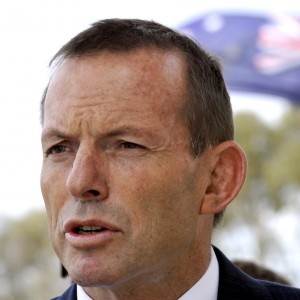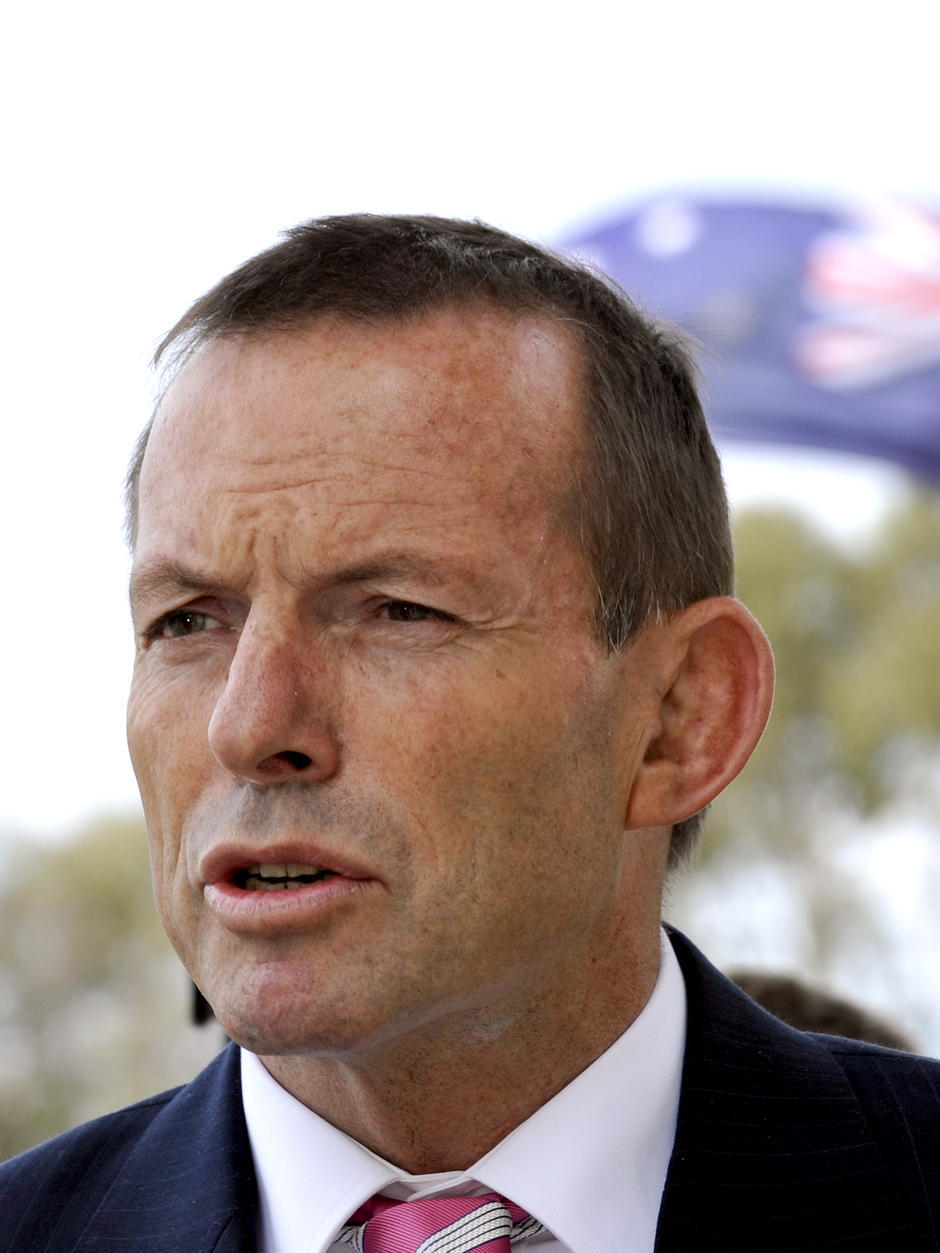On the Sunshine Coast, solar power systems remained the best way to reduce household electricity bills despite the loss of the $600 Federal Government subsidy, according to a leading Sunshine Coast solar distributor.
Last Tuesday night the Government made a shock decision to axe solar rebates on solar and heat pump systems. This is expected to immediately affect sales, with many suppliers expecting a revenue hit of about $7000 a week.
The move has angered environmentalists, who say the Government’s should be focused more so on the $12.2 billion it provides to the fossil fuel industry every year.
Australian Conservation Foundation analysis has found that people with no access to reliable public transport were taxed 38 cents a litre for fuel, whereas miners making $10 billion in half-year profits were paying no tax on diesel used for off-road operations.
However, Sunshine Coast Solahart distributor Vince Holland, said people converting to solar would make substantial savings on their electricity bills and still receive a $600 State Government subsidy and a Renewable Energy Certificate valued at $900, depending on the system.
“It is what it is,” Mr Holland said. “But we still sell a quality product with a great outcome.”
Sean Hanna, of Stiebel Eltron in the Sunshine Coast said it would be a month before the full impact was known.
Sunshine Coast Environment Council executive officer Wiebe ter Bals described the decision as bitterly disappointing, saying that the Government was pulling money from a $320 million scheme that lowered the rising cost of living in a move it described as “fiscally responsible” while continuing to underwrite the wealthiest companies in Australia.
“Hot water accounts for around 30% of the energy used in an average home,” Mr ter Bals said.
“A four-person household with an electric hot water system will use approximately 800 kWh a quarter, costing them between $300 and $725 a year depending on the tariff they are on, and generating almost three tonnes of Carbon Emissions.”
The hot water rebate scheme encouraged home owners to switch from electric systems to either heat pumps, which are 70% more efficient, or solar, which are 90% more efficient. It is backed by a $600 State Government solar rebate.
Mr ter Bals said the systems can save households around $650 and avoid 2.7 tonnes of carbon dioxide per household per year.
The Australian Conservation Foundation analysis has found that the government spent $12 billion annually on subsidies that further the problem of greenhouse pollution, but only $1 billion on programs to tackle it.

